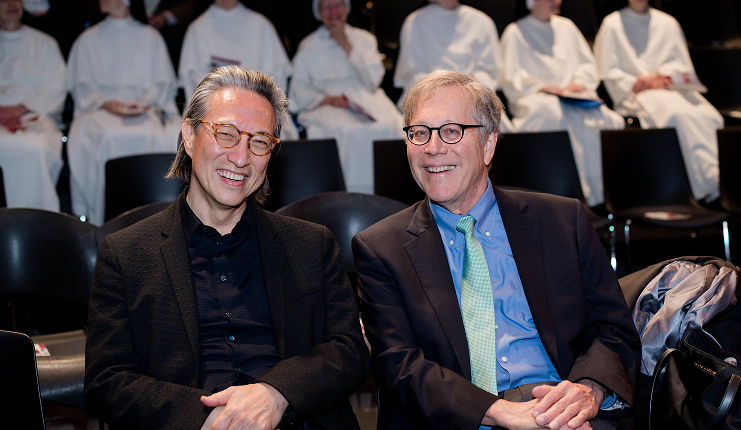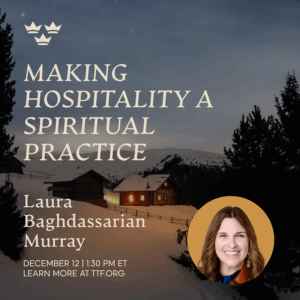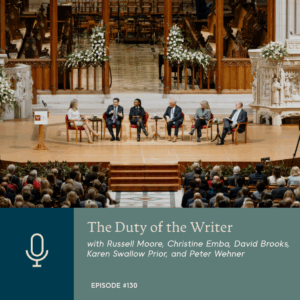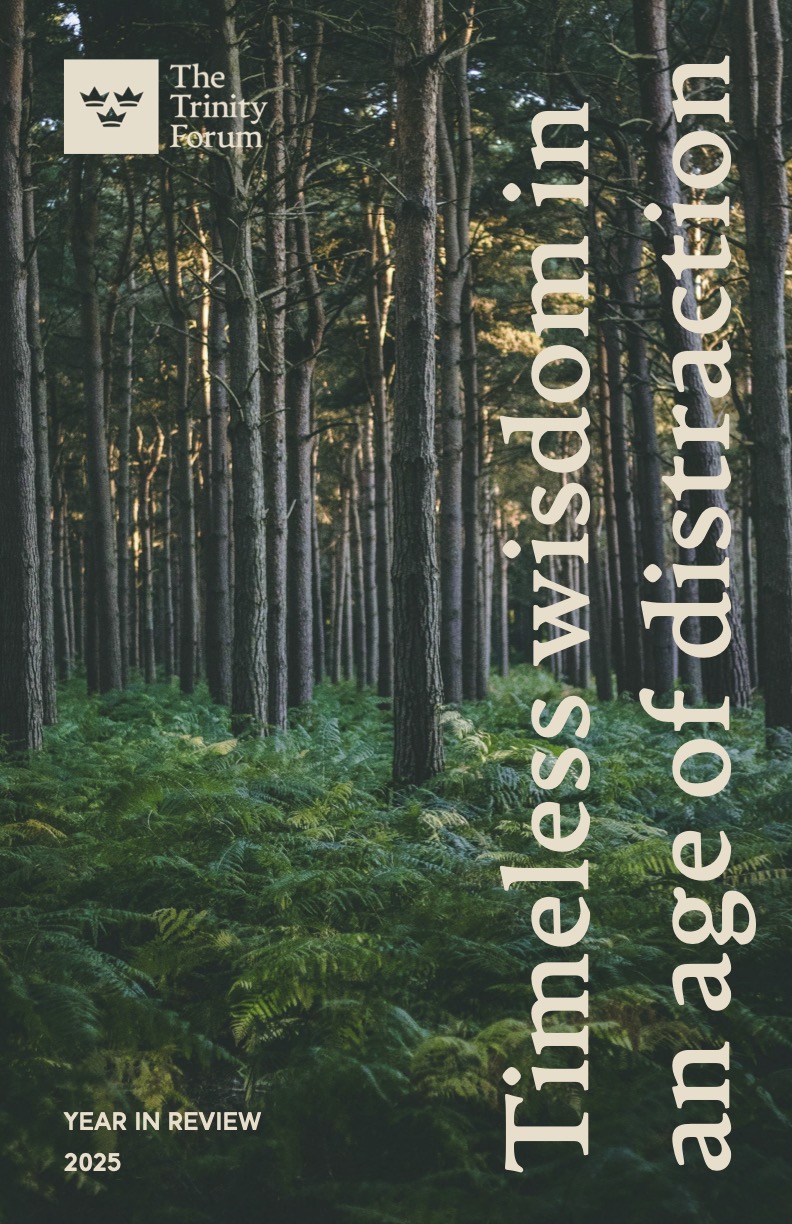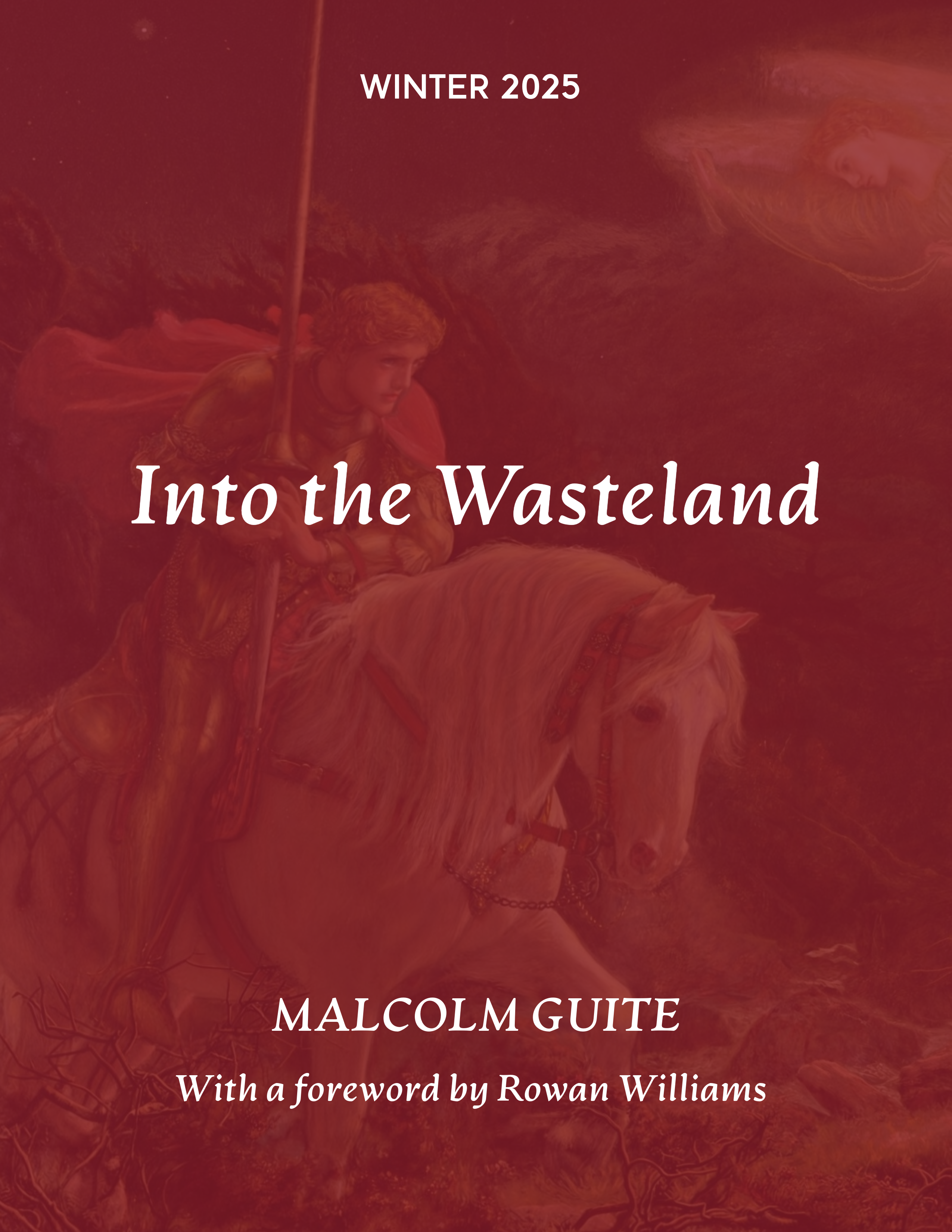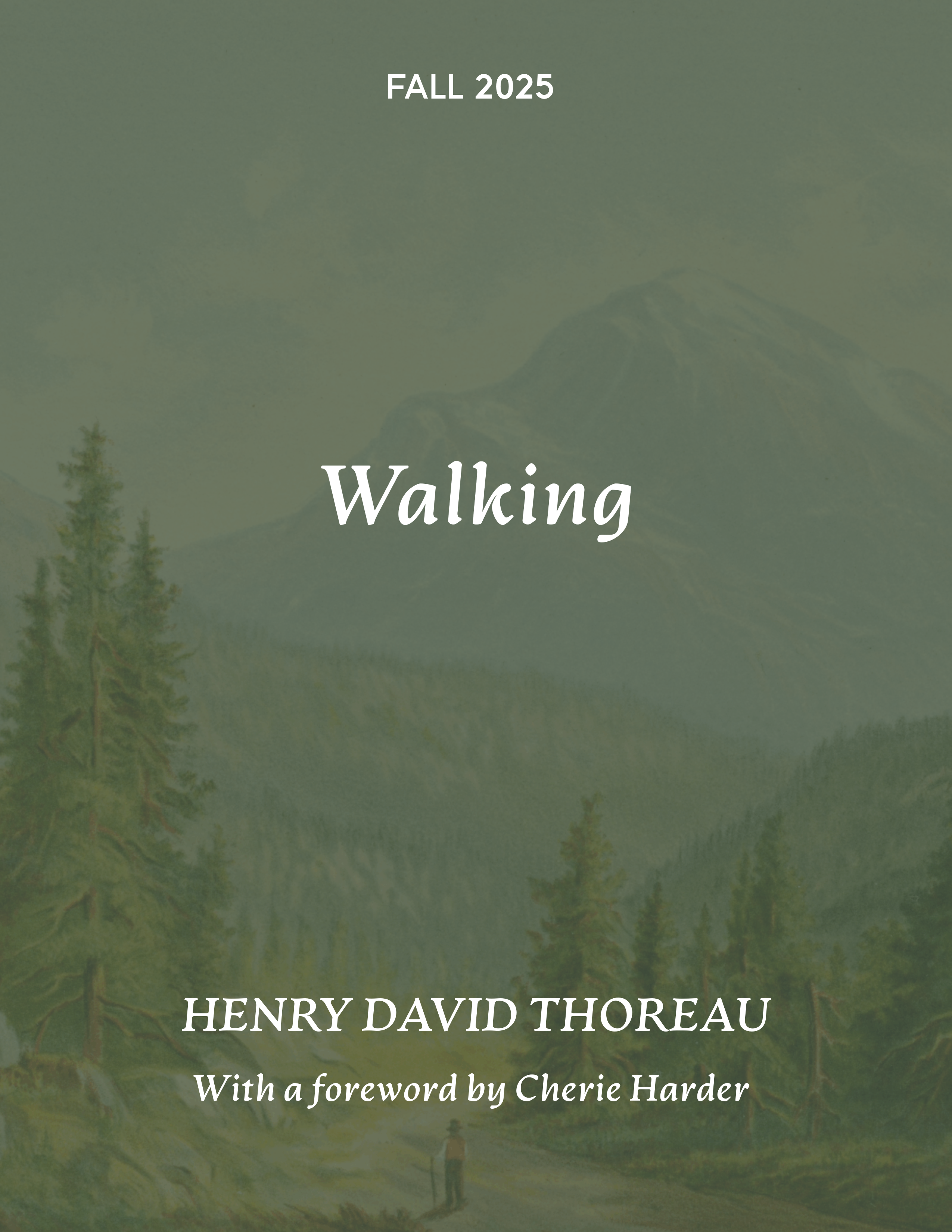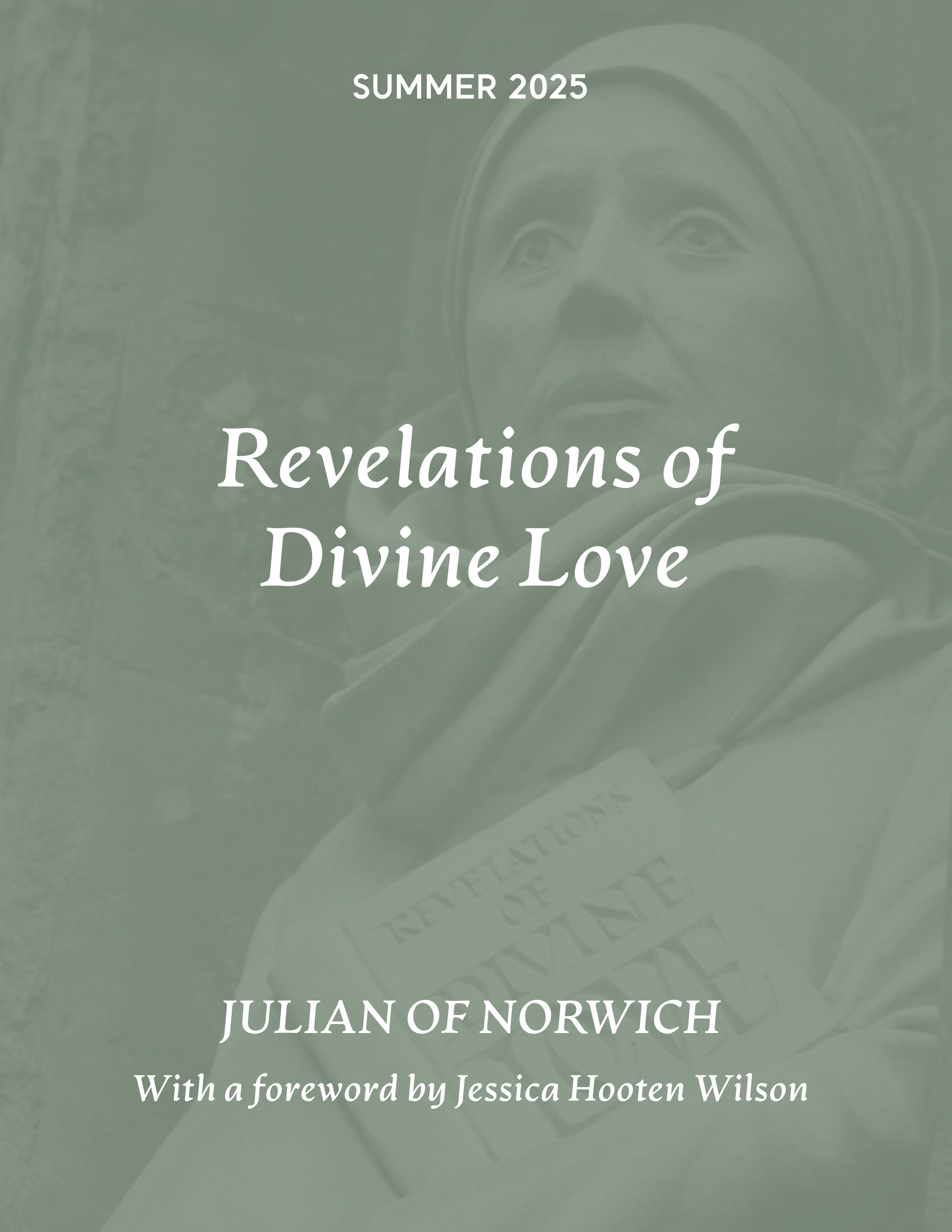The Best in Christian Thinking for the Common Good
The Michael J. Gerson Memorial Prize
On November 19, 2025, the Trinity Forum awarded the first annual Michael J. Gerson Memorial Prize for Excellence in Writing on Faith and Public Life. Learn more about Michael Gerson, the Prize, and the 2025 winner, Matthew Loftus.
FEATURED
TRINITY FORUM READINGS
Bringing you the best of classic and contemporary literature and letters, introduced by today’s experts, and tailored for individual reflection and group discussion. Trinity Forum Society members receive quarterly Readings digitally or by mail. Browse our collection of over 100 Readings below.
TOPICS TO EXPLORE
Human Flourishing in a Digital Age
Engaging with Creation, Arts & Literature
Guided by Faith in the Public Square
Pursuing Spiritual and Character Formation
Upholding Human Dignity in Turbulent Times
Wisdom from Theology and History
Join the Trinity Forum Community
Learn More about Trinity Forum Membership
Learn how being part of our community can help you apply Christian wisdom to renew our culture today.
